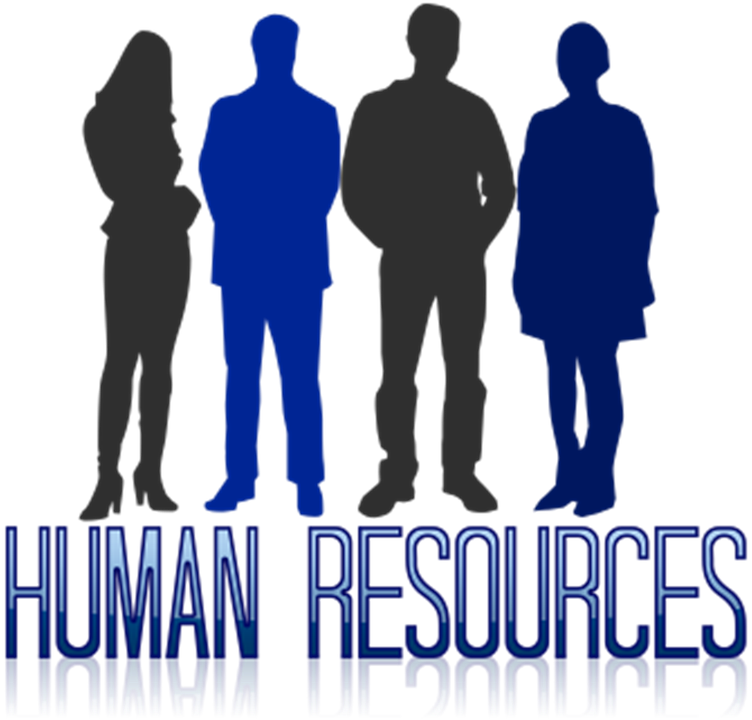Every organization requires a team of proficient employees to grow their business at an apex level. But, apart from the workers, one department also plays a significant role in carrying out all the operations of a corporation, i.e. human resource management. Human resource (HR) management acts as a base for the company as it performs various roles to meet all the business needs. But now the question arises, what does.
What does Human Resource Management Mean, and what is its Purpose in an organization?
Introduction to Human Resource Management & Its Purpose
Human resource management refers to a department that is used to execute several functions, such as finding, screening, and recruiting job applicants to increase the productivity of a business. Moreover, human resource management primarily concerns the employees and their relationship with the company. The primary role of the HR manager in the human resource department is to maximize employees' productivity and maintain a safe and quarrel-free working environment. In the present time, the importance of Human resource management concerning company growth has grown vividly. The human resource management department also assists all other departments on any personal matter.
Structure of Human Resource Management
In an organization, the duties of an HR manager in human resource management can be divided into three parts: Individual, organizational and career. Regarding individual control, it believes in assisting employees and their best performance for the company. Another human resource management structure is organizational development, which mainly emphasises creating and maintaining a change program in a company. Last but not least, under career development, the primary function of human resource management focuses on searching individuals for the most suitable jobs for them.
Functions of Human Resource Management
A Human resource management department is responsible for the growth and development of a company. After learning about the overview introduction of human resource management, let's talk about the functions of human resource management in an organization. The three primary operational tasks of human resource management are listed below:
- Managerial Function: This is the first and foremost function of human resource management that performs the basic tasks of a department. To understand this human resource management function, knowledge about its subparts is essential.
-
- Planning: Planning is a must to get the work done through employees. Determining an organisation's goals and policy implementation is essential to reach the objectives.
- Organizing: The second chief part of the managerial function is organizing. After making a plan to reach the desired goals, developing an organizational structure is mandatory to carry out the various actions.
- Directing: Here comes the third aspect vital in achieving an organization's intent. , this function motivates the workers to accomplish the aim efficiently. The numerous relations to encourage the employees are salary administration, career planning, and developing the welfare and safety of employees.
- Controlling: This is the last topic in the cycle of the managerial function. This type of function is closely related to the governance of activities according to the plans. It also helps human resource management control employee performance concerning many operational processes.
- Operative Function: The operative function of human resource management usually refers to the duties concerned with the development, employment, and compensation of the employees working in the organization. The various operative functions of human resource management are the following:
-
- Recruitment: The primary function of human resource management is to select the right candidate from the pool of job seekers to ensure the best for the organization.
- Development: This second function is the most crucial of all. It includes training each employee to enhance the skill for the job he has been hired for.
- Compensation: This function of human resources is closely related to employees' wages, according to their organizational objectives. Human resource management uses various methods, such as performance appraisal and job assessment.
- Employee welfare: This function of human resource management states the several benefits that are offered to employees, such as cafeteria, restrooms, insurance, recreational facilities etc.
- Salary administration: In this kind of operative function, human resource management determines what should be paid for the different job profiles.
- Relation: Nowadays, maintaining a good connection with the employees of an organization has become mandatory. This relation mainly refers to the interaction of human resource management with the workers, affecting various factors such as wages, working environment, benefits etc.
- Personnel research: This function is mainly done by the human resource department to gather employees' suggestions on salaries, promotions, activities, working conditions, leadership etc.
- Personal record: The final function of the human resource department is to uphold the records of the employees working in the company.
- Advice-Giving Function: This function of human resource management is related to the advice or guidance on various matters by HR to the concerned authority. Human resource management can offer advice to the following parties:
-
- Advice to top management: In this advice to the top management, the Human resource usually discusses the various policies and procedures that benefit the company.
- According to departmental benefits to this advice, HR offers department heads direction on selection, recruitment, training, performance appraisal, etc.

The role of HR in Human Resource Management is responsible for all the central functions and operations of the company. However, leadership style and good communication are the main ingredients for effective human resource management. Through this, employees can freely share their ideas and views that can even contribute to operational decision-making.



